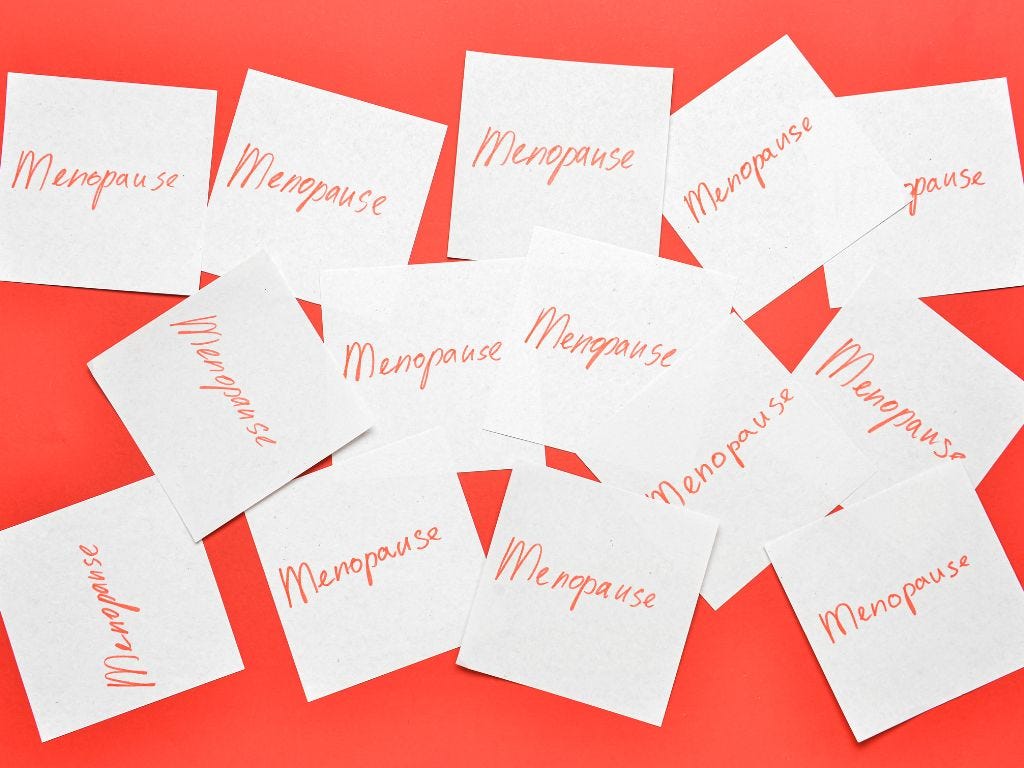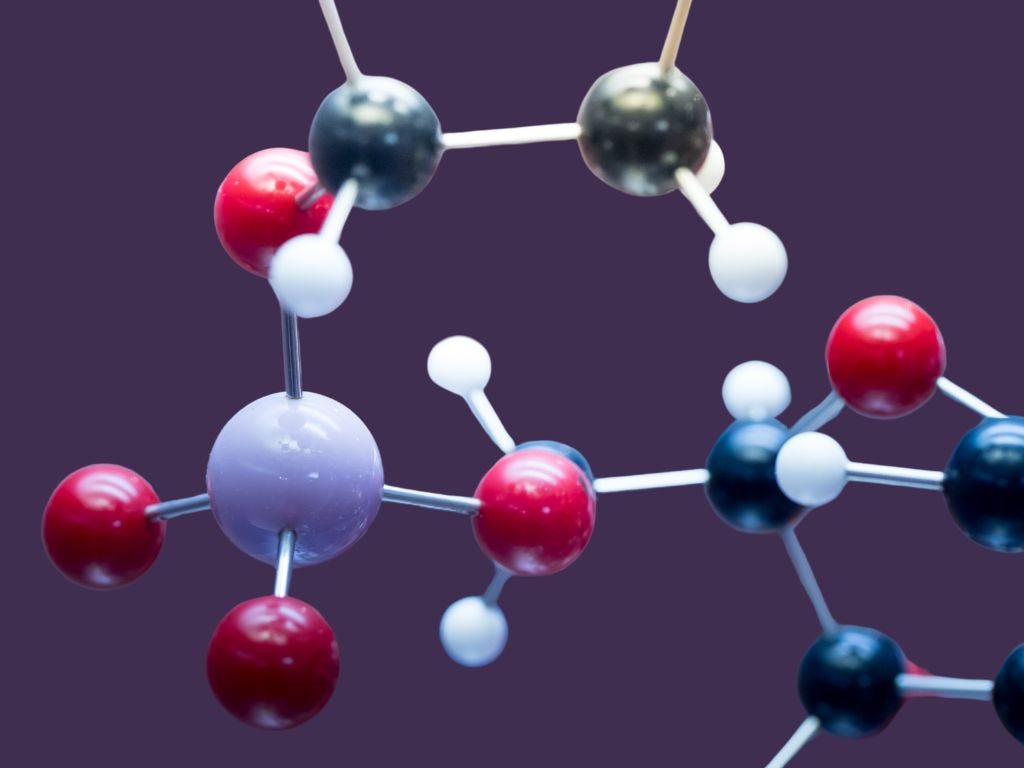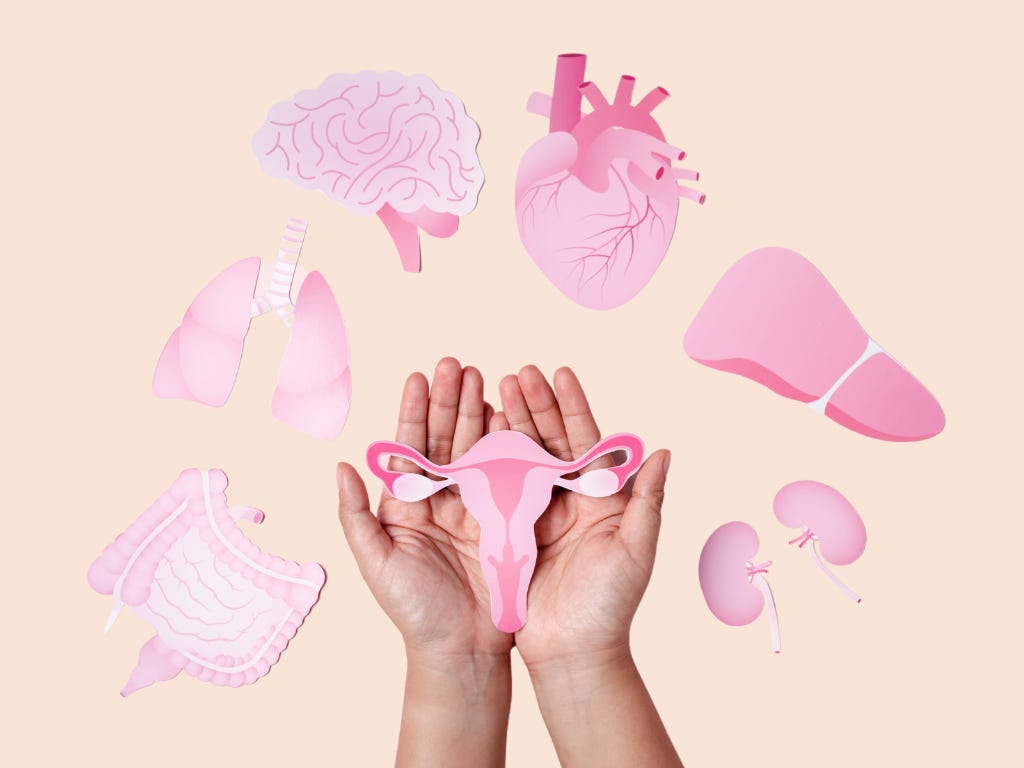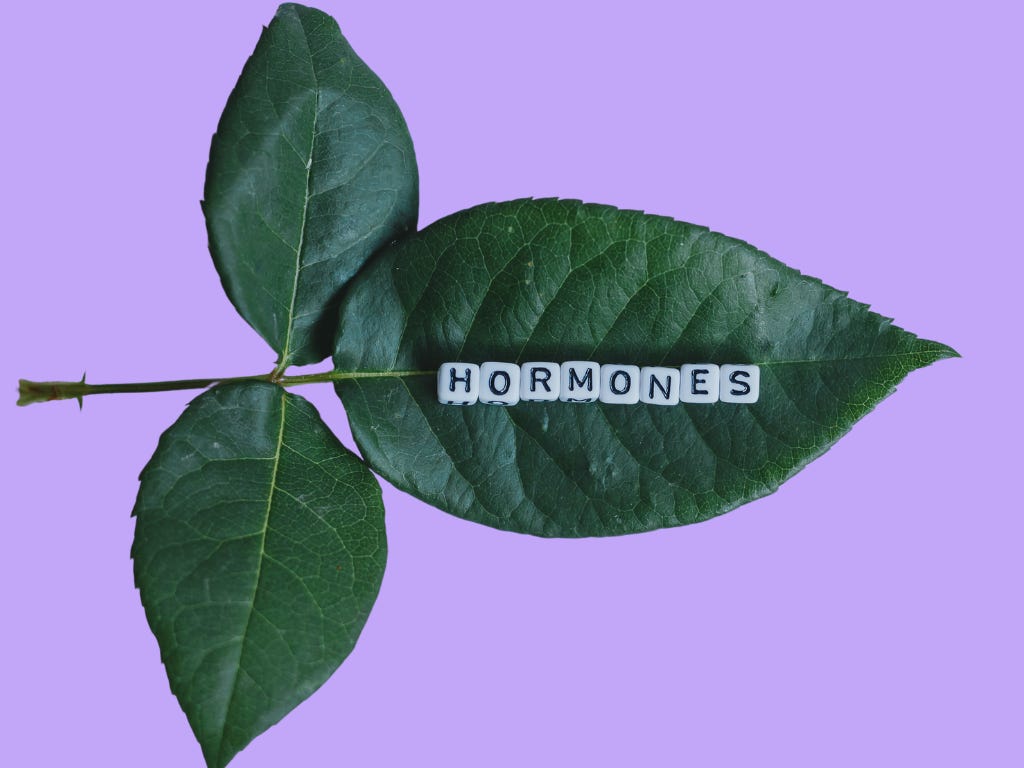Could your gut microbes ease menopause symptoms? 🧠
How your gut microbiome changes during menopause - and how to support it
Menopause can affect everyone differently, but around 85% of women experience at least one uncomfortable symptom.
Alongside the more talked-about changes, many people notice shifts in digestion - like bloating and changes in bowel habits - as they navigate this phase.
So why does this happen, and what can you do about it?
The link between your hormones and gut is stronger than you might think.
Here’s what we’ll cover today:
How menopause can trigger gut symptoms
The estrobolome – what is it, and what does it influence?
Phytoestrogens and hot flushes, and how your gut microbes might be involved
Actionable advice to support your gut health during menopause
Why do we know so little about something half of us experience?
Frustratingly, menopause is chronically underfunded, and under researched.
To understand how diseases develop, we often rely on pre-clinical research using mice, rats, or petri dishes.
But less than 1% of these studies include menopause, despite its impact on more than 70% of age-related diseases.
One reason is that a pro-longed menopause is rare in the animal kingdom - most species, apart from certain whales and chimpanzees, don’t experience a lengthy phase like humans do.
And even when we study it in animals, the results don’t always translate to humans. That’s why human research is so important (and why we should be cautious about drawing conclusions from mouse studies alone).
There’s still a lot to uncover, but the latest studies are beginning to shed light on how menopause affects the gut and gut microbiome.
Menopause and gut symptoms
Bloating, constipation, diarrhoea, and indigestion - sound familiar?
Gut symptoms can catch many people off guard during menopause.
As levels of the female sex hormone oestrogen decline, this can slow down digestion, and may leave you feeling sluggish and bloated.
The gut muscles don’t contract as efficiently, so food moves more slowly through your digestive tract, and could make constipation more likely.
On the flip side, hormonal fluctuations can also cause diarrhoea for some.
Plus, your gut microbiome - the community of trillions of microbes in your digestive system - changes during menopause.
Menopause and oestrogen
During menopause, oestrogen levels are in fluctuating decline.
When oestrogen levels drop during menopause, it also changes the gut microbiome.
The gut microbiome in menopause:
Lower diversity of microbes (with a diverse microbiome often seen as a “healthy” one)
Changes in gut microbes which may be linked to weight gain, heart and metabolic problems, and inflammation, though it's not clear if the microbes cause them.
A woman’s microbiome becomes more similar again to a man’s microbiome.
The estrobolome - your little hormone helpers
Here’s the fascinating part, the relationship between oestrogen and the gut microbiome goes both ways.
Your gut microbes help to manage how much active oestrogen your body has.
Certain microbes, known as the estrobolome, can recycle old oestrogen that has been sent to the gut as waste, reactivating it, allowing it to be reabsorbed into your bloodstream and used again.
When there’s less of these microbes, the theory is that not as much oestrogen gets reactivated, which may worsen menopausal symptoms and is linked to a higher risk of osteoporosis, heart issues, and weight gain.
It’s important to know that current studies show a link between the gut microbiome and menopause, but they don’t yet prove that the gut microbiome is the cause of these changes.
But the science is growing and shows how closely hormones and gut health are connected - especially during menopause.
Phytoestrogens and menopause
Phytoestrogens are natural plant compounds found in foods like soy beans, tofu, edamame and flaxseeds.
They act like weak versions of the hormone oestrogen.
Research suggests that regularly eating phytoestrogen-rich foods might ease menopausal symptoms like hot flushes.
Although the evidence is conflicting - not everyone experiences the same benefits.
Could this partly depend on what gut microbes you have?
Equol is a compound made by certain gut microbes when we eat foods containing isoflavones, a type of phytoestrogen found in soy. Women who can produce equol may get more relief from menopausal symptoms.
This could be one reason why women in some Asian countries, where soy is eaten regularly, often report fewer menopause symptoms.
Around 50-60% of women there have gut microbes that can make equol, compared to about 20-35% in Western countries.
Actionable tips and tricks
If you're experiencing bothersome menopause symptoms like hot flushes, you should chat with your doctor first to find the best treatment option for you.
Here’s some actionable advice that may help ease symptoms too:
Keep reading with a 7-day free trial
Subscribe to Second Brain to keep reading this post and get 7 days of free access to the full post archives.








